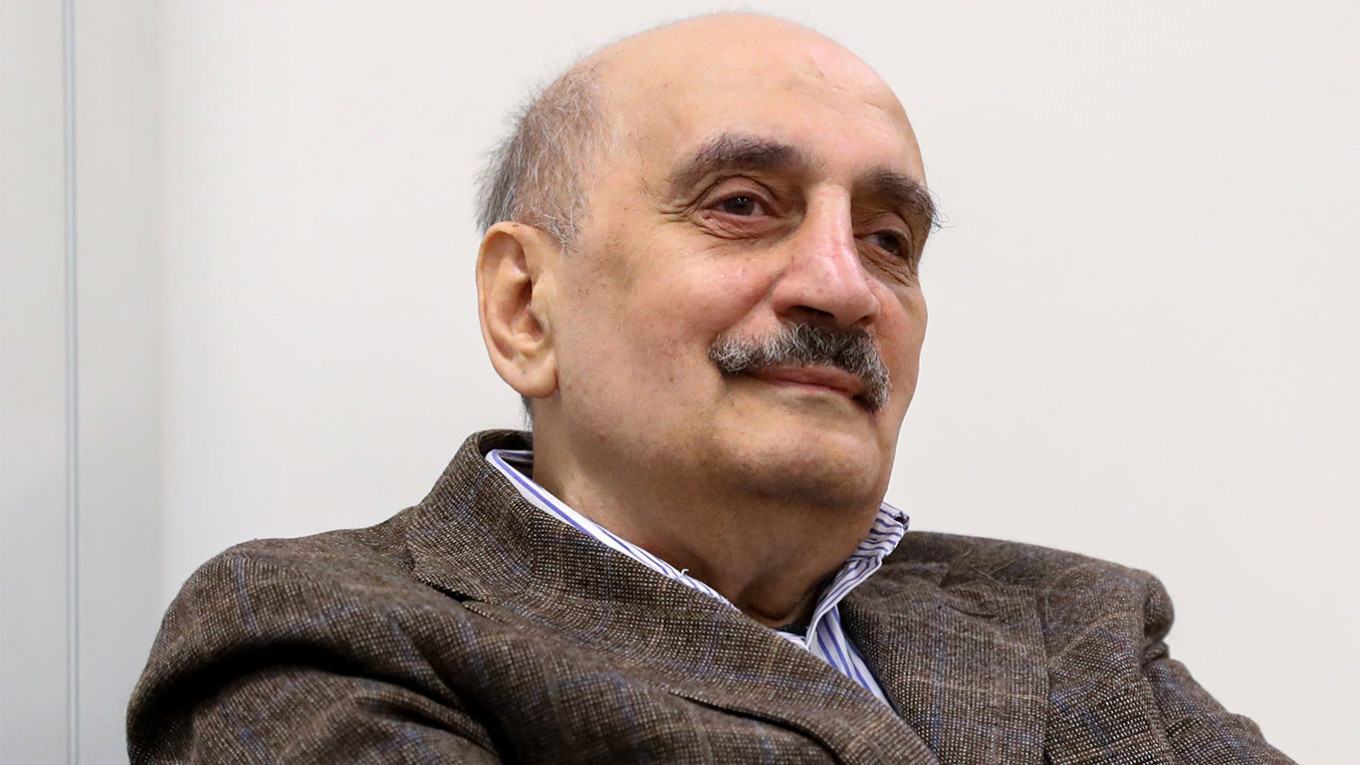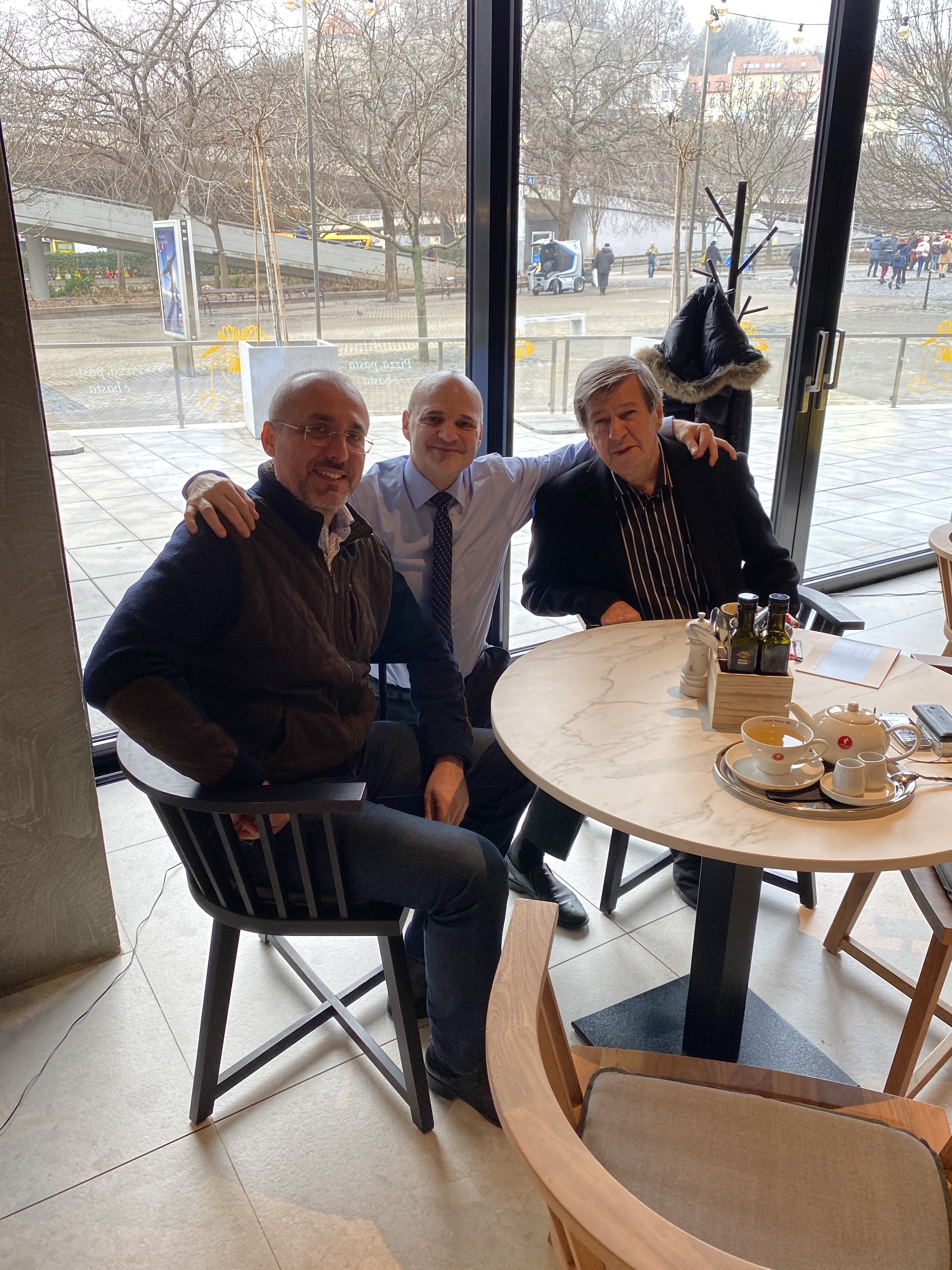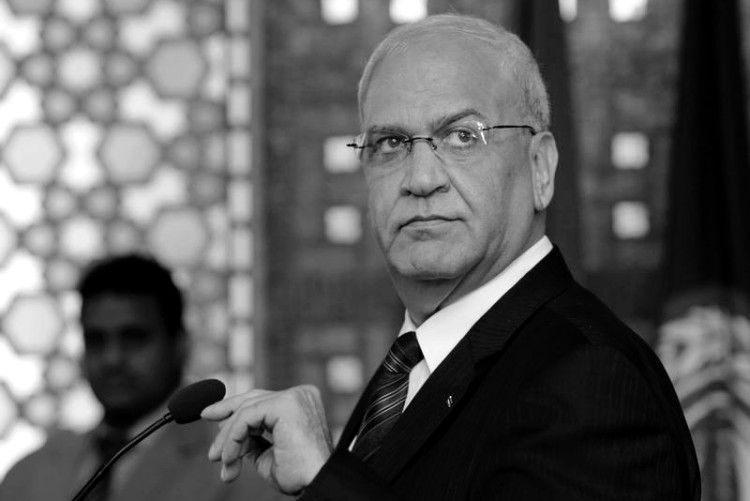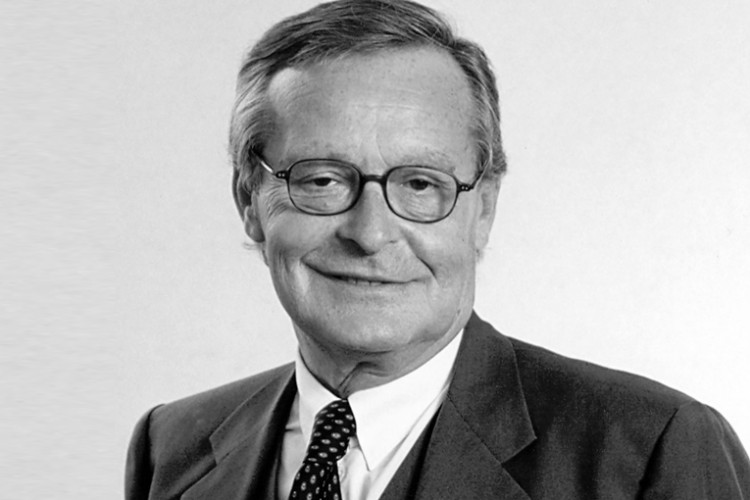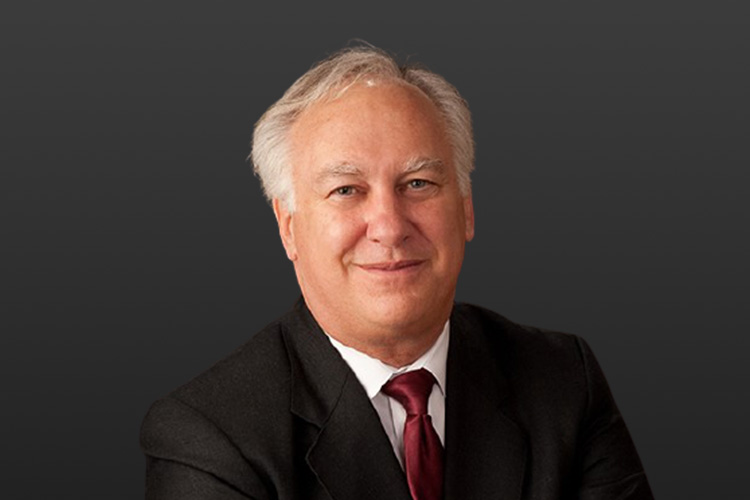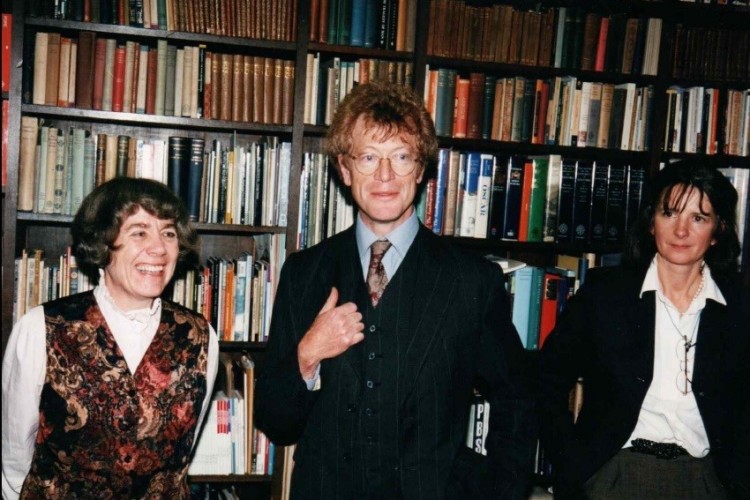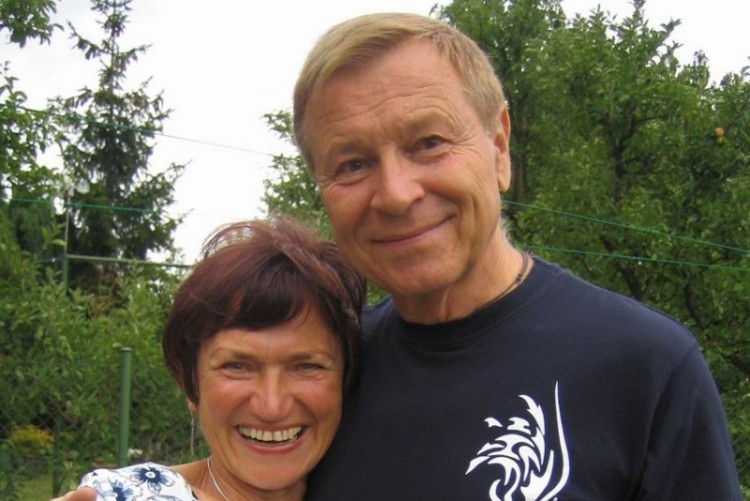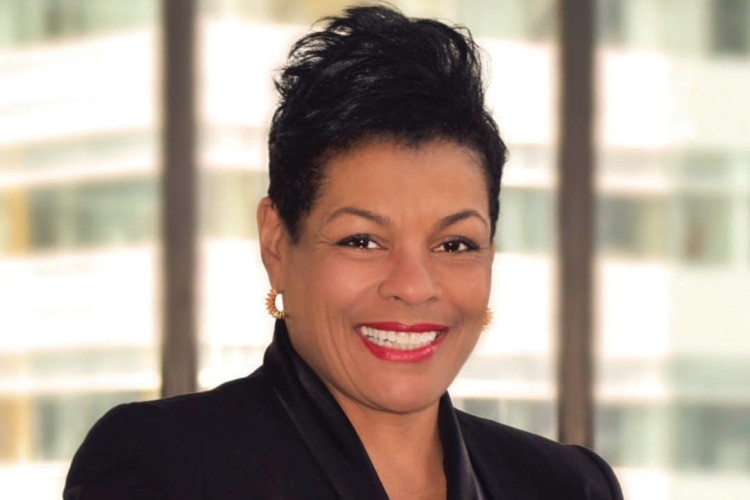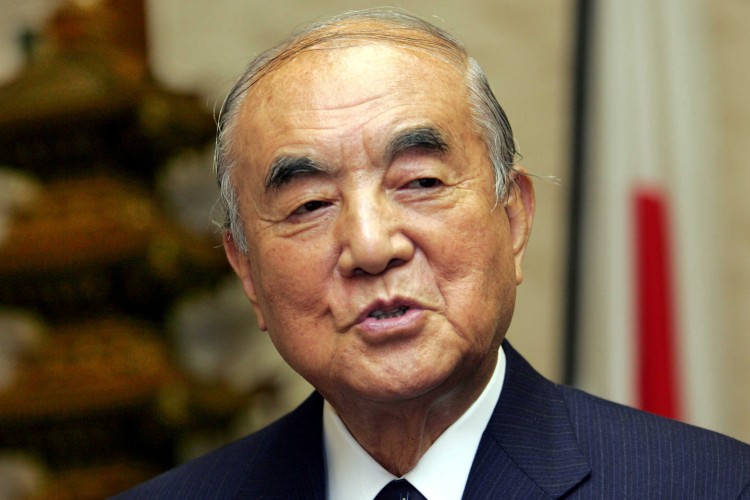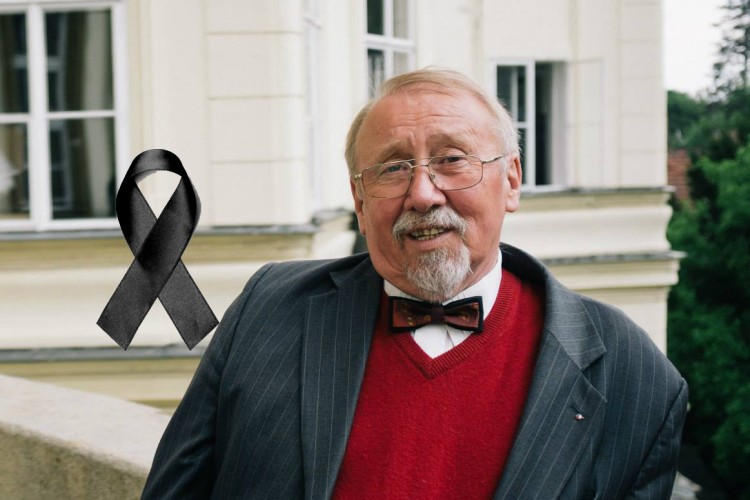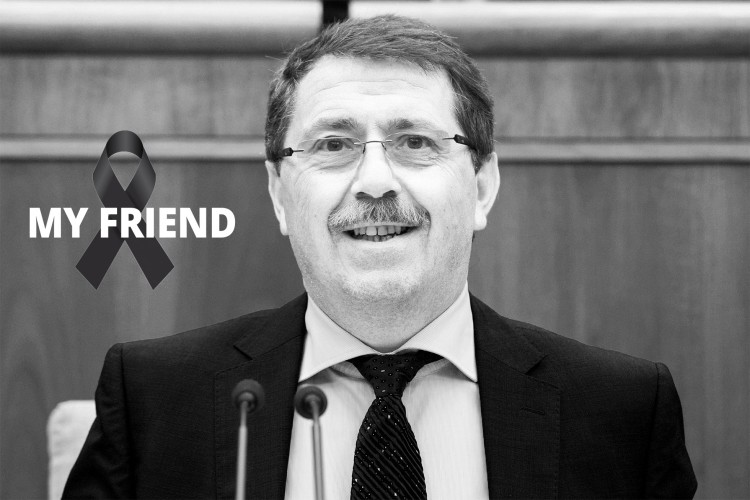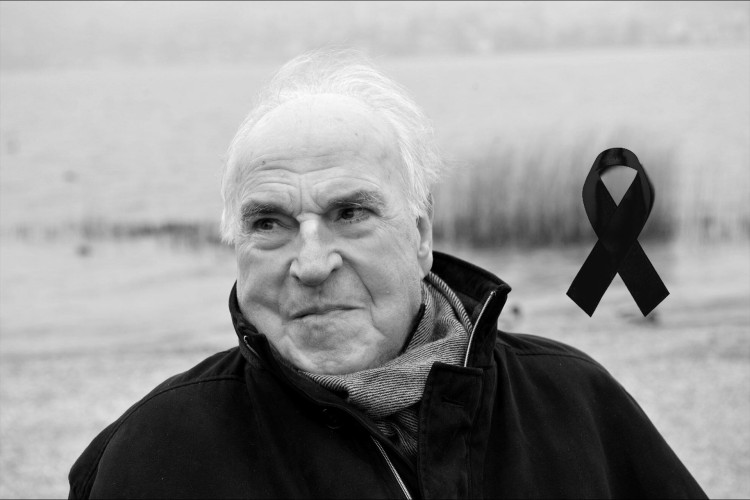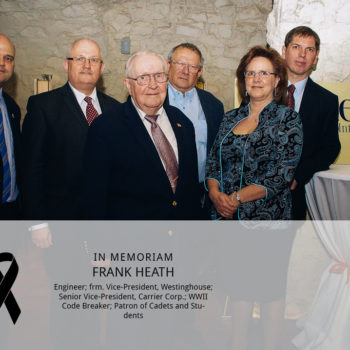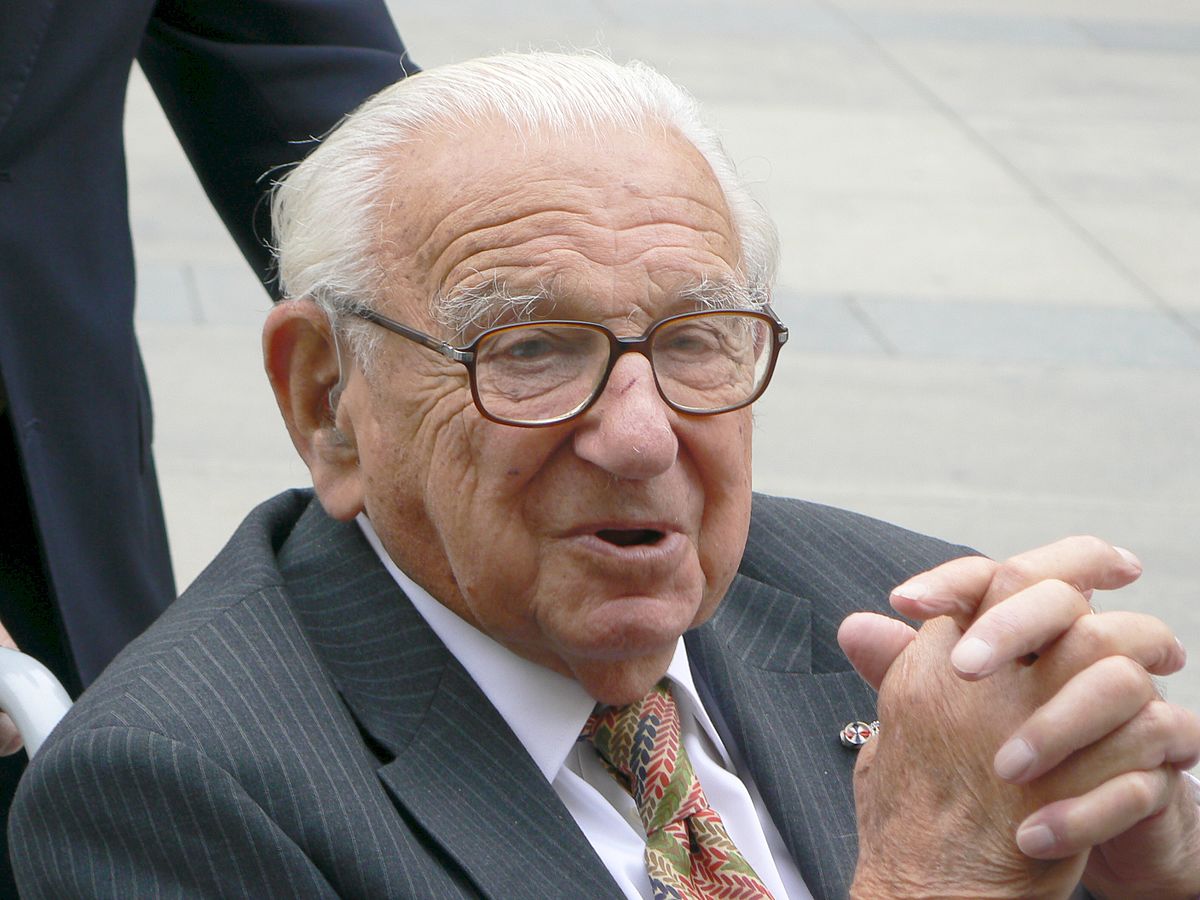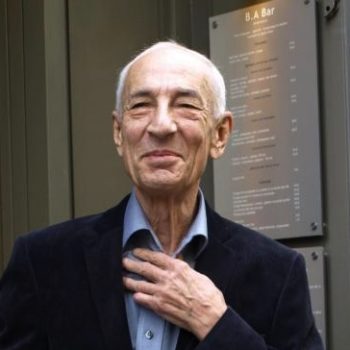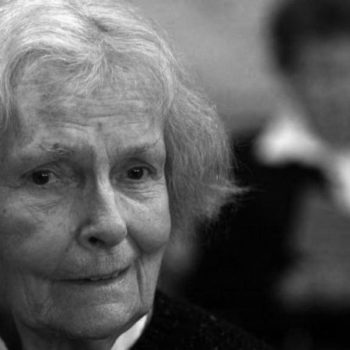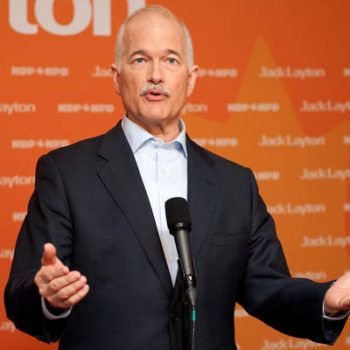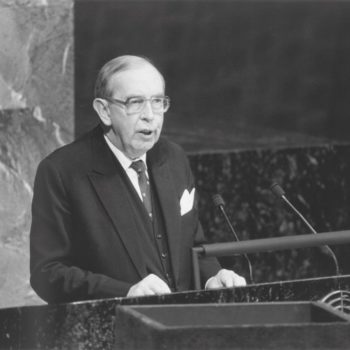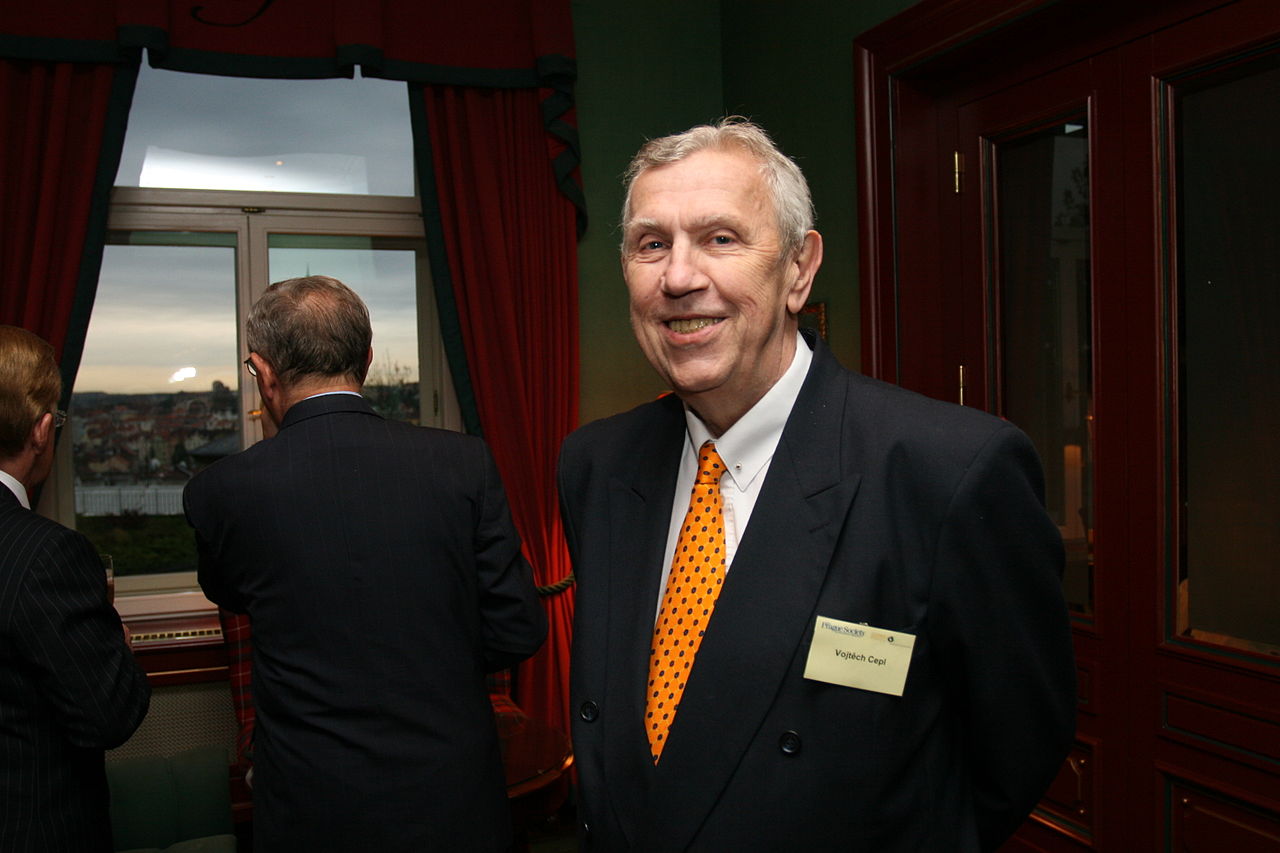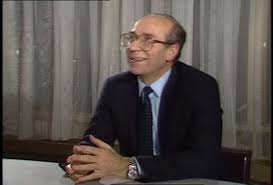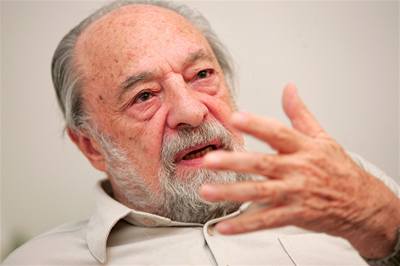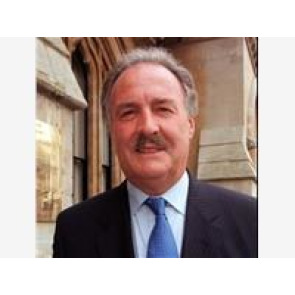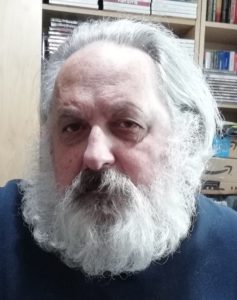

Yossef “Seffi” Bodansky is now part of “Kingdom of Heaven. He left us at 0500 EST – today in the US State of Maryland – December 5, 2021. A founder of Global Panel Foundation, a Member of the Prague Society, and the long-time Director of the Congressional Task Force on Terrorism and Unconventional Warfare, he was a fighter against Communism, Totalitarianism, and evil in general. He was – like me- a “watchman on the walls of world freedom.” – a true Praetorian guard.
I had announced his death five years ago from Prague, when a MG Bruce Lawlor, former Chief of Staff of DHS and a Global Panel Board Member, had sent me a note on Seffi’s passing. Only hours later, having sms’d the notice of his death to many, Seffi responded, “Marc I am alive and well and still kicking. Unless you know something I don’t.” The enormous embarrassment notwithstanding, it was clear the note of his death was not “his death” but of a Turkish parliamentarian – also a good friend — who had died under mysterious circumstances in Turkey.
Seffi’s 12 books, his commentaries on news shows all over the world – he was fluent in numerous languages – were the stuff of legend. A great supporter of Morocco, we crisscrossed the world over 25 years on numerous missions – from negotiations on North Korea, to Romania, Czechia, North Africa, Middle-East – and God knows where – engendering off-line briefings, election monitoring, a crack-force trying keeping the peace. Seffi was no holds barred. He was direct. A strategist of unmatched abilities. A “Grand-Chess-Master.” Loyal. Respected. Honest. Passionate. And an opponent to be feared and respected. When he struck – his opponents felt it. And many never recovered.
Pained doesn’t remotely describe my feelings now. I bow my hat to you – dear Seffi – my dearest of dear friends. And look forward to a cigar and scotch with you — when I too – enter the Kingdom of Heaven.
Prof. Marc S. Elelnbogen
President, The Prague Society for International Cooperation,
Chair, The Global Panel Foundation, Member of the National Advisory Board, US Democratic Party (2004-2010)
………………………………………………………………..
…………………………………………………………..
And from Jens Geitmann, Exeutive VP, The Prague Society & Member of the Board, Global Panel Foundation
Seffi Bodansky and I met in Syracuse, NY on a Global Panel meeting for the first time about 10 years ago. He would quiz me about other members of GP, especially their personal lives. I told him that I had no comments on that. Seffi told me many years later that I passed his test –whatever that meant at the time.
It took me years to understand a fraction of his larger than life personality, his intense way of caring, his way of thinking. “Data, Analysis, Opinion”. ” Always ask why, ask for the motive and then start to put what you have learnt into context.” he would say. I was privileged to have him as a mentor and beyond that have him as a friend. Lena was the center of his life, an extraordinary strong relationship that was the source of his energy in life.
Seffi would interact with ease with people in the most complex circumstances. Fluent in several languages, he would find solutions for a peaceful outcome where others failed. He loved his good whiskey and would complain about a lack of supply in Maryland at a time. My offer to him to come to Prague and sample some of the finest whiskeys with his friends got cut short. As I am writing these lines, I have a 16yr Lagavulin to help me through this painful situation. And I am still annoyed with you, my dear friend, that we will not have the chance to sample the whiskey cabinet together on this planet.
I am looking forward to our next life. The cabinet will be waiting for us. The cabinet will be opened and filled. And we will have more time to talk about life, love and happiness.
Dear Seffi, you were just what we needed during these most complicated times.
But as you always phrased it, “Let’s get over this — and move on”. And so we will. Your presence will be felt — even if not in person.
And you are already missed. Jens

